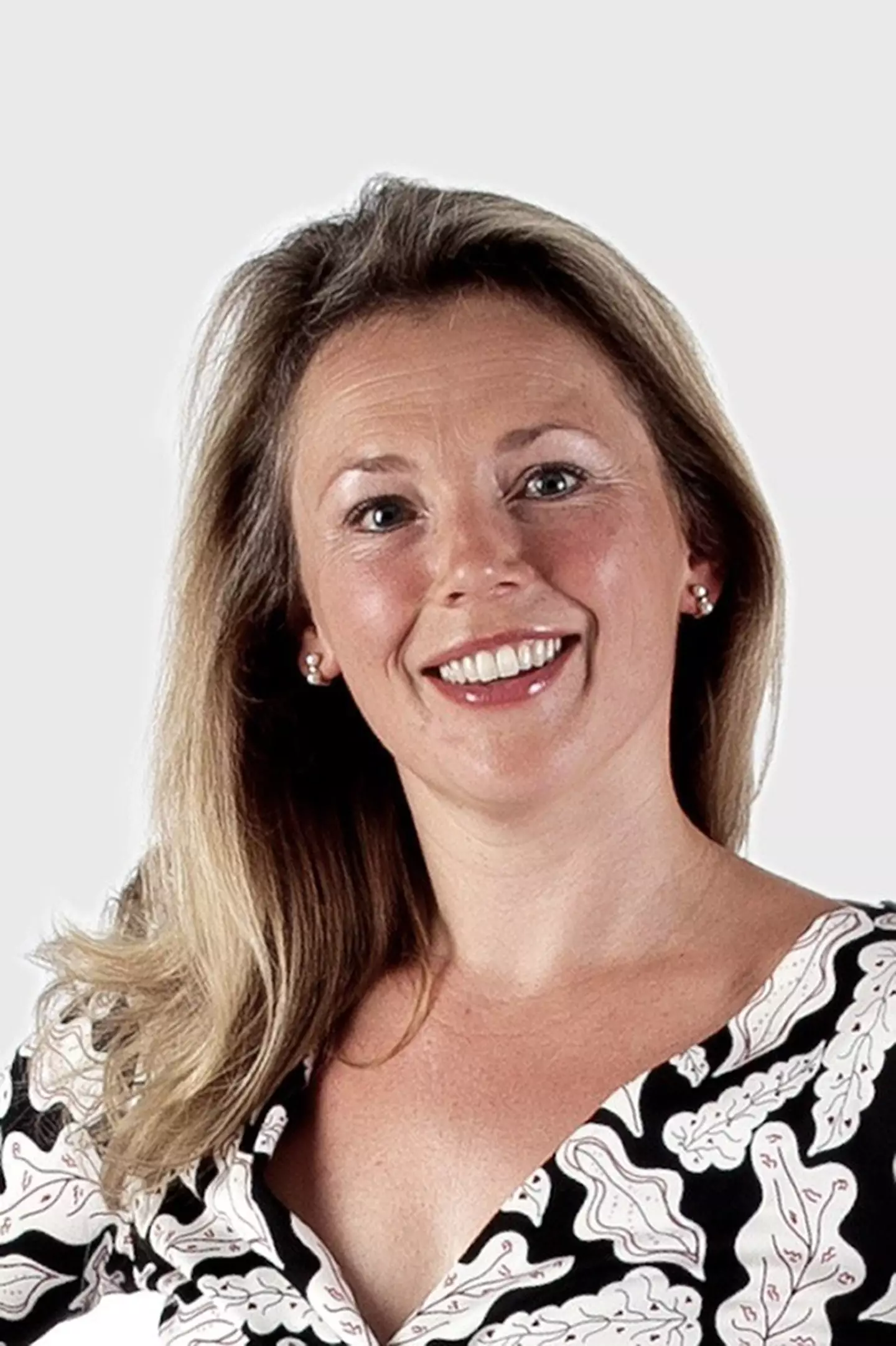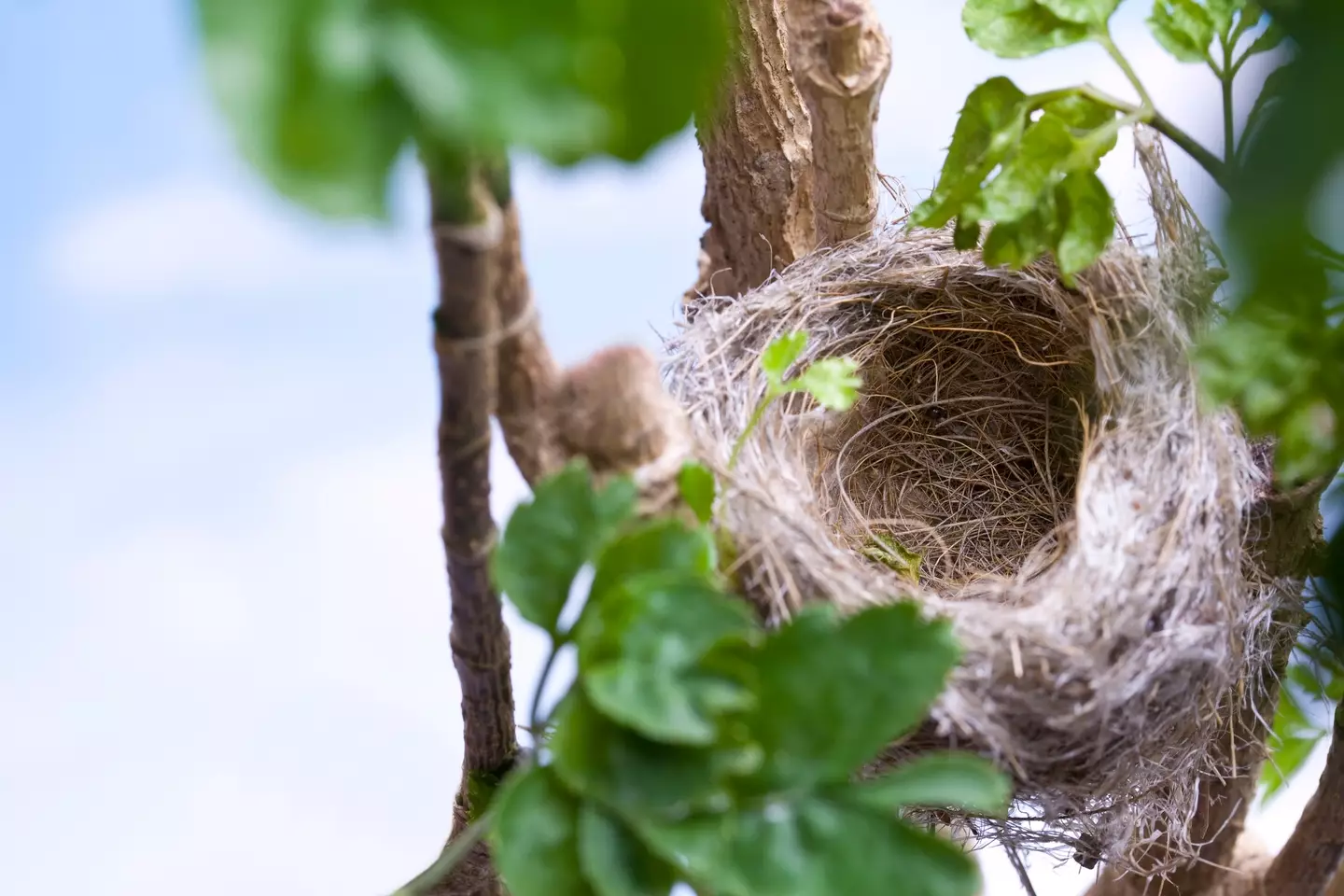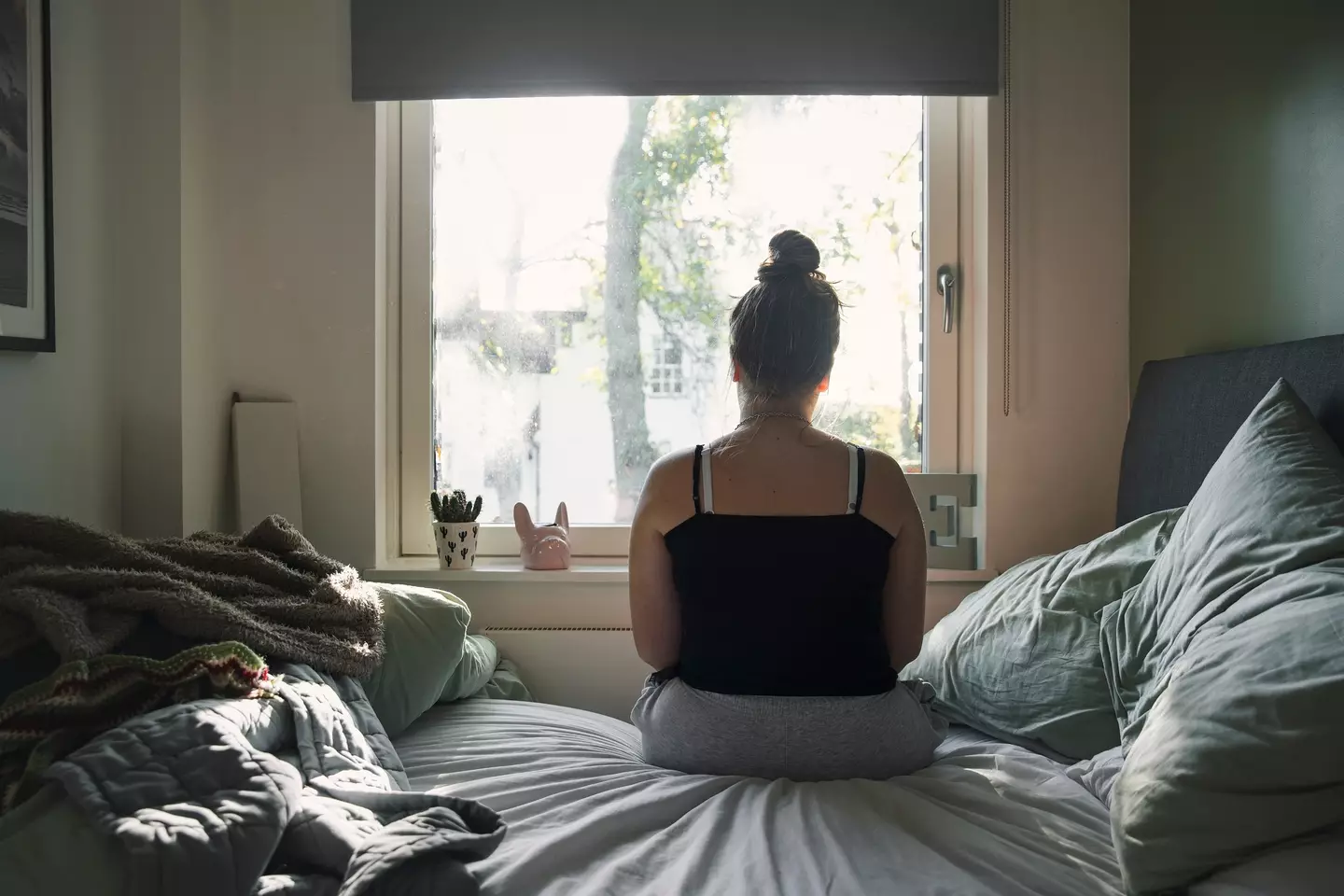.png)
Empty nest syndrome refers to the feeling of deep sadness and grief that occurs in parents after their children have all grown up and moved out of the house or ‘flown the nest’.
Parents, who have often dedicated much of their lives to raising and housing their offspring, are left feeling lonely or even depressed - but some think it’s not spoken about as much as it should be.
So when actress and Goop founder Gwyneth Paltrow, spoke out recently about her ‘deep sense of impending grief’ as the departure of her son approaches, many parents likely did a big sigh of relief.
With the next batch of kids off to study for a degree in six months time, the empty nest is approaching for a lot of parents.
Advert
Paltrow, who shares two children with Coldplay’s Chris Martin, opened up about her impending grief.
Her dread is spurred on by her 17-year-old son Moses preparing to leave home to go to university later this year.
Their other daughter Apple, 19, has already moved out.
Paltrow also has a stepson, Brody, who will also be fleeing the nest.
Advert
Talking to the Sunday Times, Paltrow shared how she was feeling: “On the one hand incredible sadness. A deep sense of impending grief. On the other hand this is exactly what should be happening.

“Your kids are supposed to be, you know, young adults who can achieve and cope and make connections and be resilient. That’s exactly what you want. And that means they leave the house.”
Social psychologist, Dr Sandra Wheatley of Potent Psychology, provided some more context surrounding the phenomenon. She shared: “On the one hand, you might think of the freedom you’ll have, but there’s also the element of ‘Oh my God, they’re going, I’ll have all that time to fill, what am I going to do?’
Advert
“Whenever you've got somebody in your life – whether it be a romantic partner, or a child – who isn’t around, you’ll miss them. That’s completely natural and Gwyneth is doing the right thing by trying to prepare for it for now.”
So, how to battle this feeling and embrace it?

Do the backward maths
Wheatley suggests that when parents know roughly when their child will be leaving home, they do ‘backward maths’ to work out what needs doing and when.
Advert
She explains: “If you’ve got a deadline, for example kids leaving home to go to university or to start a job, and there’s a specific date that departure is imminent, then you know where you are, and you can do that backward maths where you work out, what’s going to happen, and it’s going to be very busy, right up until the time they leave.
“You know you’re going to have to be on call a little bit for them for the first few weeks or months before and after they’re away.”

Plan something for you
As Paltrow points out, children growing up and leaving for university is actually a good sign - they’re resilient young adults and are moving on with their lives.
Advert
With this in mind, perhaps it’s a good time for parents to embrace this energy.
Wheatley continues: “You can’t just be there, hoping that you’re going to be useful, fearing that, actually, they won’t need you. So it does no harm to actually plan something for you.”
She continues: "It doesn’t necessarily have to be things like pottery – you could do anything, even change career – you can grab that world and finally get round to doing something that’s for you.”
Look at doing more with your partner
Your kids leaving home could be a great opportunity for those in relationships to reignite the spark or make them your new priority.
Wheatley suggests: “If you’ve always promised yourself that together, you’ll learn how to sail or do something else, or take more of an interest in something your partner already does that you want to get into more, then now is a good time to talk about it."

Focus on the positives
Missing your kids is a given, but it will do you good to take stock of the positive aspects of their absence – from your food shop costing less to having less washing to do, and a tidier house in general.
“If you flood your thoughts with positives, there’s no room for the negative,” says Wheatley. “That can be a very useful thing to do, also quite a difficult thing to do. Humans are very good at focusing on the negative, and what we don’t do enough of is looking for the positive. You just have to look a little bit harder."

Talk to your child about your emotions
Whilst your child leaving is a huge change for them, it is a huge change for parents too. So it's a good idea to communicate with your kids about how their absence makes you feel.
Wheatley emphasises: “The cutting of the cord works both ways. It’s something for you as well as for them, and you both have to be brave.
"It’s going to be new for everybody, so sharing that with them, not in a way that’s burdening for them so they feel they shouldn’t leave, but simply to talk about it so they know they’re not alone, because you’re going through a similar thing too – a different perspective, but similar – and it’s all going to be different for everybody."
She concludes: "It’s going to be great sometimes, quite sad and a little bit upsetting other times, but nevertheless it’s all going to change and you’ll be going through the journey together, just as you have done always.”
Featured Image Credit: PA/Donato Sardella/Getty Images for Saint Laurent